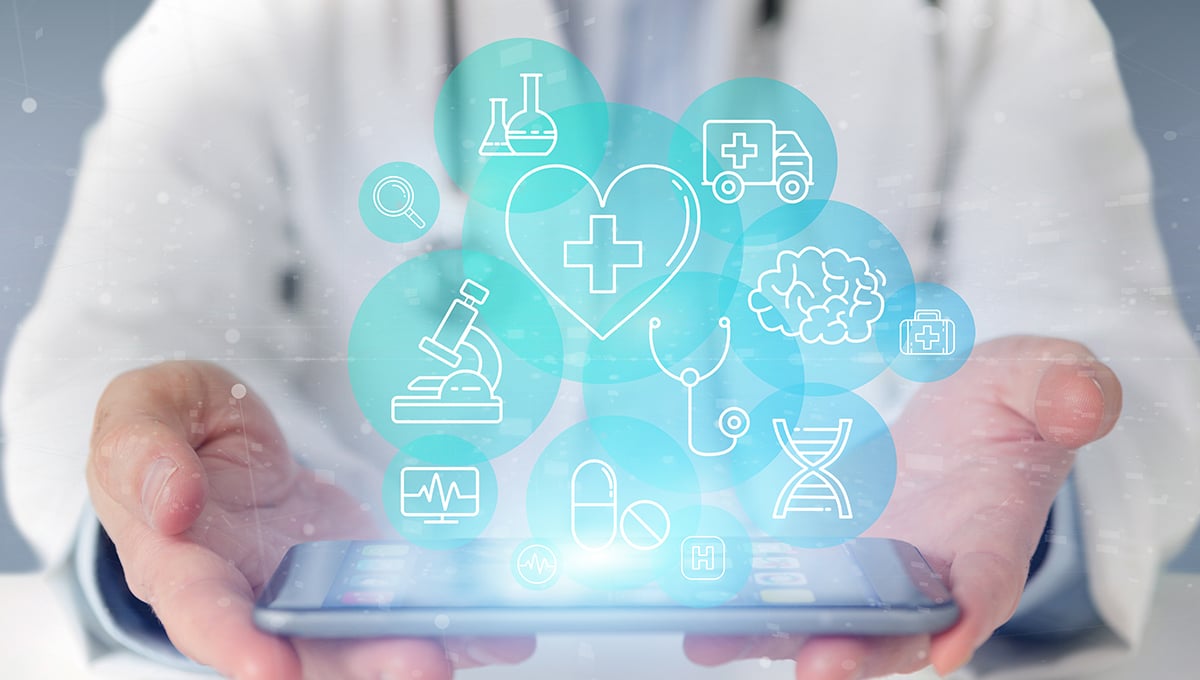
“Learn as your life depends on it,” says Kevin Lawrence, CEO of Lawrence & Co. If you work in healthcare, not only your life depends on it; everybody else’s does, too.
Most organizations may find it difficult to engage their employees in learning, but not in healthcare. Be it a training program, a conference, a case study, or even a college degree, healthcare professionals are always pursuing knowledge. But most of their learning opportunities are available only inside a brick-and-mortar classroom.
According to a CBP report by the US Census Bureau, the healthcare industry is still the largest employer in the US, with over twenty million people on a trillion-dollar payroll. Organizing in-person training for a workforce of this magnitude presents many logistic and economic challenges.
- Clinicians have to choose between patient care time or personal time to take part in the training.
- Buying training equipment, organizing schedules, and providing venues and other resources can be expensive.
- Ensuring knowledge retention is not possible in classroom-based training as there is no room for frequent assessment.
- Research developments often disrupt standard operational procedures, requiring fast retraining.
- Healthcare is a high consequence industry. Keeping your trained employees amidst the constant regulatory and administrative scrutiny is a challenge for most organizations.
Learning must reach beyond the constraints of budget, time, and location to overcome these challenges. Mobile learning promises precisely that.
But for the healthcare industry to choose mobile learning over classroom-based learning, it takes more than a promise.
Evidence to Prove the Effectiveness of Mobile Learning in the Healthcare Industry
Mobile learning is inexpensive, interactive, flexible, and makes learning accessible and measurable, but healthcare professionals were skeptical that mobile healthcare training would work.
- A report commissioned by World Health Organization stated that online and offline eLearning imparts knowledge and skills as well as or better than traditional learning.
- An Oxford study in 2013; reported that 83% of healthcare professionals performed better by accessing drug reference data on their Personal Digital Assistants (PDAs).
- The same Oxford study highlighted that professionals could learn about guidelines, books, reviews, and recent research updates sooner with PDAs’ help.
- Four out of five doctors were already using smartphones or tablets for work-related purposes.
Applications of Mobile Learning in the Healthcare Industry
From hospitals to health insurance companies, the healthcare industry includes a wide variety of professions. Training requirements for each profession in each sector are unique from one another.
Mobile learning can be adapted to meet the training demands of various employee groups. Here are a few examples to show its versatility in the healthcare industry.
Continue reading...
